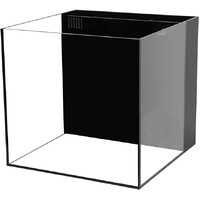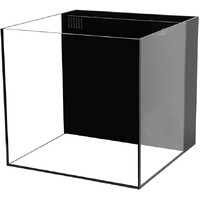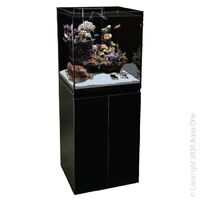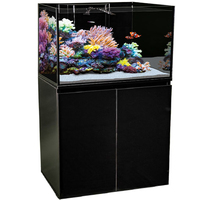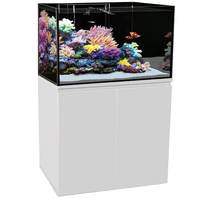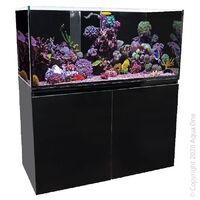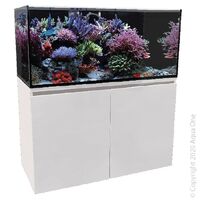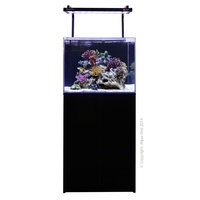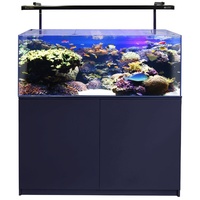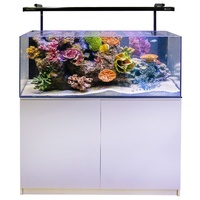Marine Aquarium Tanks
Fish tanks are relaxing and can lower stress levels, simply by chilling and watching your fish swim around and play. Pet City has a vast array of equipment to set up your fish tanks, filtration units, water pumps, lighting and more. We also can help you decorate, with coral frags to help grow coral in your tank, plants, and spare parts. Everything you need to build, create and maintain your marine aquarium can be found online or in-store.
Filter By Capacity
Filter By Model
Filter By Colour
Filter By Size
-
Filter By Category
Filter By Brand
-
Filter By Stock
How do you start a marine aquarium?
You will need the aquarium, of course, an aquarium chiller to maintain water temperature and a pump to keep the water clean and oxygenated. Furthermore, artificial lighting, water treatment, rocks, and other ornaments to give your fish some meaningful engagement in the tank, salt water for the tank, and of course, some saltwater fish to swim inside your tank.
How do you maintain your marine aquarium?
You will need to clean your marine aquarium often to maintain the health of your fish. You can siphon out a third of the water and replace it with fresh water; no need to empty the entire tank. You will also need an algae scraper or a razor blade for the inside glass, a gravel vacuum, a bucket, a filter brush, and more. We have an excellent blog you can read for more details on cleaning your aquarium.
How do you make salt water for your marine aquarium?
When it comes to water changes for your marine tank, there are a few options.
- Many aquarium stores like ours will sell marine water refills suitable for your tank
- Some customers with larger tanks prefer to purchase an RO unit to purify their tank water. This is a convenient option if you want to avoid the hassle of making your own.
- Many customers with marine tanks have a mixing station at home where they prepare their water. Here's how you can mix your own marine water:
The success of your tank and the happiness of its inhabitants relies heavily on your water quality. You'll want to purchase a high-quality reef salt and stay away from table salt.
The measurements you use will depend on your tank size and the product you're using. Follow the measurement instructions of your product.
We recommend using a powerhead to aerate and mix the water overnight or for 24 hours. This will help the calcium to dissolve. You might notice that your initially cloudy water will turn clear overnight.
Use a hydrometer to measure the specific gravity of the water. Natural seawater has a gravity of 1.025. You want to get as close to this as possible to give your fish the best aquarium environment you can.
Matching your refill water temperature with that of your tank can also keep your marine life happy and healthy. You can do this by adding a heater/ chiller to your mixing station.
What size aquarium tank do I need for my fish?
The size of the aquarium tank you need for your fish depends on a number of factors, including the type and number of fish you plan to keep. As a general guideline, larger tanks provide more stable water conditions and ample swimming space for fish. For smaller fish, a tank of 10-20 gallons may suffice, while larger or more active species may require 30 gallons or more. Marine fish typically require larger tanks due to their higher space and filtration needs. It's important to research the specific requirements of your fish species and consult with experts to determine the appropriate tank size for optimal fish health and well-being.
What is the best material for an aquarium tank?
Glass is widely considered the best material for aquarium tanks. It offers excellent visibility, is scratch-resistant, and does not degrade over time. Glass tanks are also easy to clean and maintain. Additionally, glass is chemically inert, meaning it will not release harmful substances into the water.




